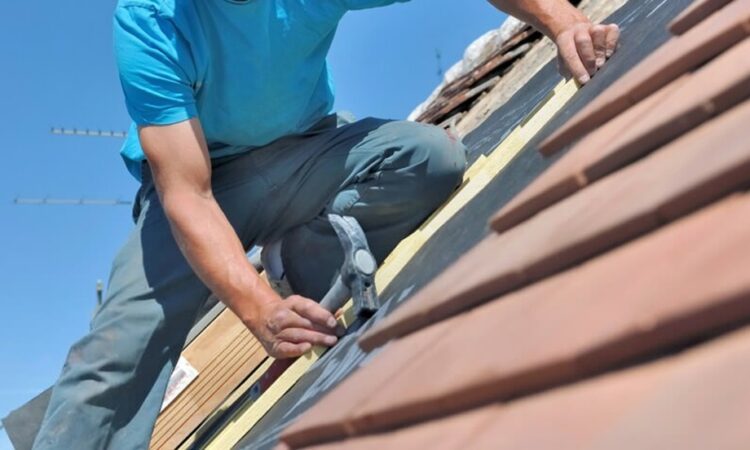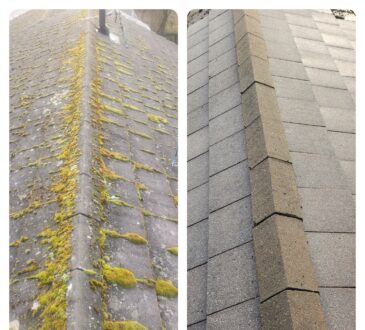
Replacing your home’s roof is a significant investment that can have a significant impact on the overall value, appearance, and protection of your property. However, the cost of a roof replacement can vary widely depending on several factors. Understanding these cost factors can help homeowners budget for their project and make informed decisions when selecting a roofing contractor. In this article, we’ll explore the key elements that influence the price of a roof replacement.
Roofing Material
The type of roofing material you choose is one of the most significant factors in determining the cost of your roof replacement. Some materials, such as asphalt shingles, are relatively inexpensive, while others, like metal or slate, can be more costly. The price of the materials will depend on factors such as quality, durability, and aesthetic appeal.
Residential Roofing Repair
While not directly related to the cost factors in roof replacement, it’s worth noting that residential roofing repair may be a viable option in some cases. If your roof is not yet in need of a full replacement, targeted repairs can help extend its lifespan and maintain its performance. The cost of these repairs will depend on the extent of the damage and the materials needed to fix it.
Roof Size and Pitch
The size and pitch of your roof can also impact the cost of a replacement. Larger roofs require more materials and labor, while steeper pitches can make the installation process more challenging and time-consuming. Additionally, roofs with complex designs, such as multiple levels or dormers, may require more specialized work and increase the overall cost.
Residential Roofing Replacement
The residential roofing replacement is a complex process that involves removing the existing roof, preparing the underlying structure, and installing the new roofing materials. The cost of this process will depend on several factors, including the size and complexity of the roof, the materials used, and the labor required to complete the job.
Labor and Installation Costs
The cost of labor and installation can vary depending on the location, the roofing contractor you choose, and the complexity of the project. Some areas may have higher labor costs due to the cost of living or the demand for roofing services. Additionally, some contractors may charge more for their services based on their experience, reputation, and the quality of their work.
Conclusion
The cost of a roof replacement can vary widely depending on several factors, including the type of roofing material, the size and pitch of the roof, labor and installation costs, roof removal and disposal, permits and inspections, and any additional repairs that may be needed. By understanding these cost factors, homeowners can budget for their project and make informed decisions when selecting a roofing contractor.
While not directly related to the cost factors in roof replacement, it’s worth noting that residential roofing repair may be a viable option in some cases. If your roof is not yet in need of a full replacement, targeted repairs can help extend its lifespan and maintain its performance at a lower cost.
Ultimately, the cost of a roof replacement is an investment in the long-term protection and value of your home. By working with a reputable roofing contractor and considering all of the cost factors involved, homeowners can ensure that their roof replacement project is completed efficiently and effectively.




